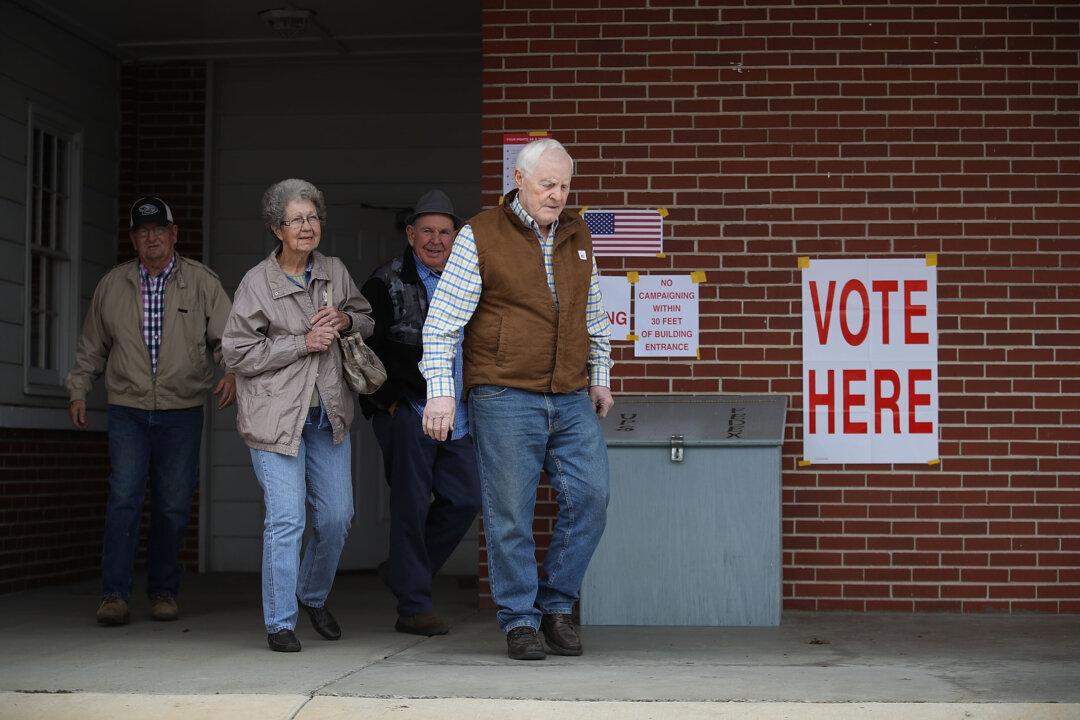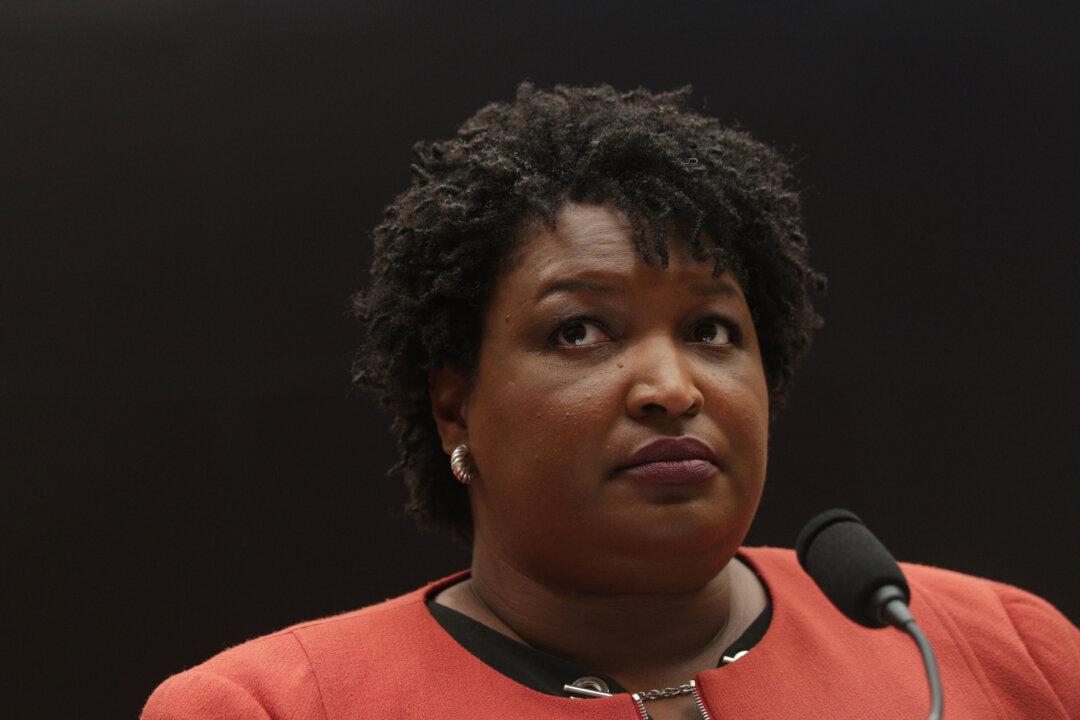An election-integrity watchdog is skeptical of an aggressive push for the Federal Elections Commission to investigate an alleged “false-flag” disinformation campaign during a 2017 special U.S. Senate election in Alabama.
While the campaign was allegedly perpetrated by Democratic Party operatives and funded by party mega-donors, the center-right Public Interest Legal Foundation is wary of emboldening federal authorities at the FEC, even though the secret social-media operation resembled the Russian meddling attack during the 2016 presidential election.




